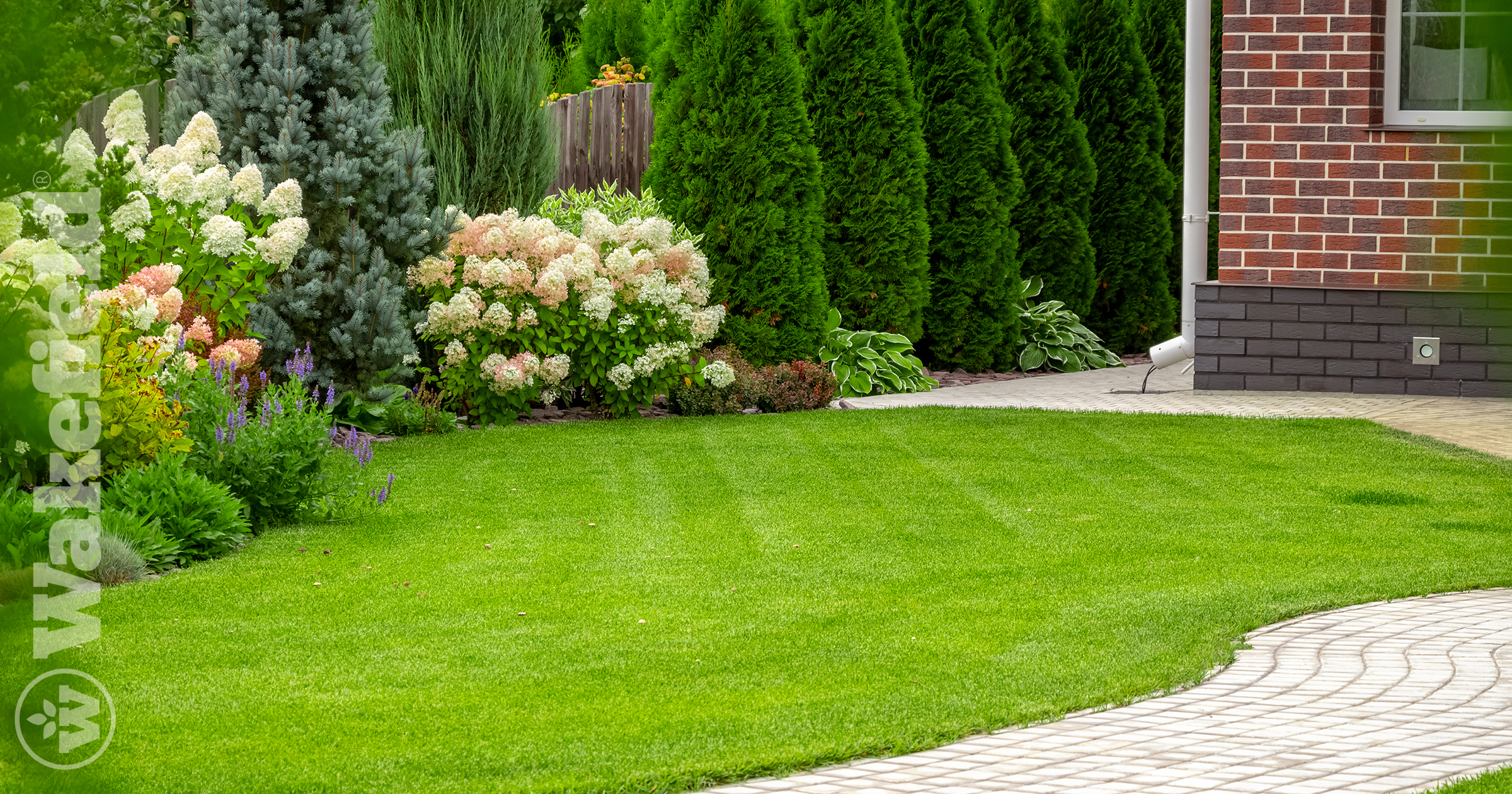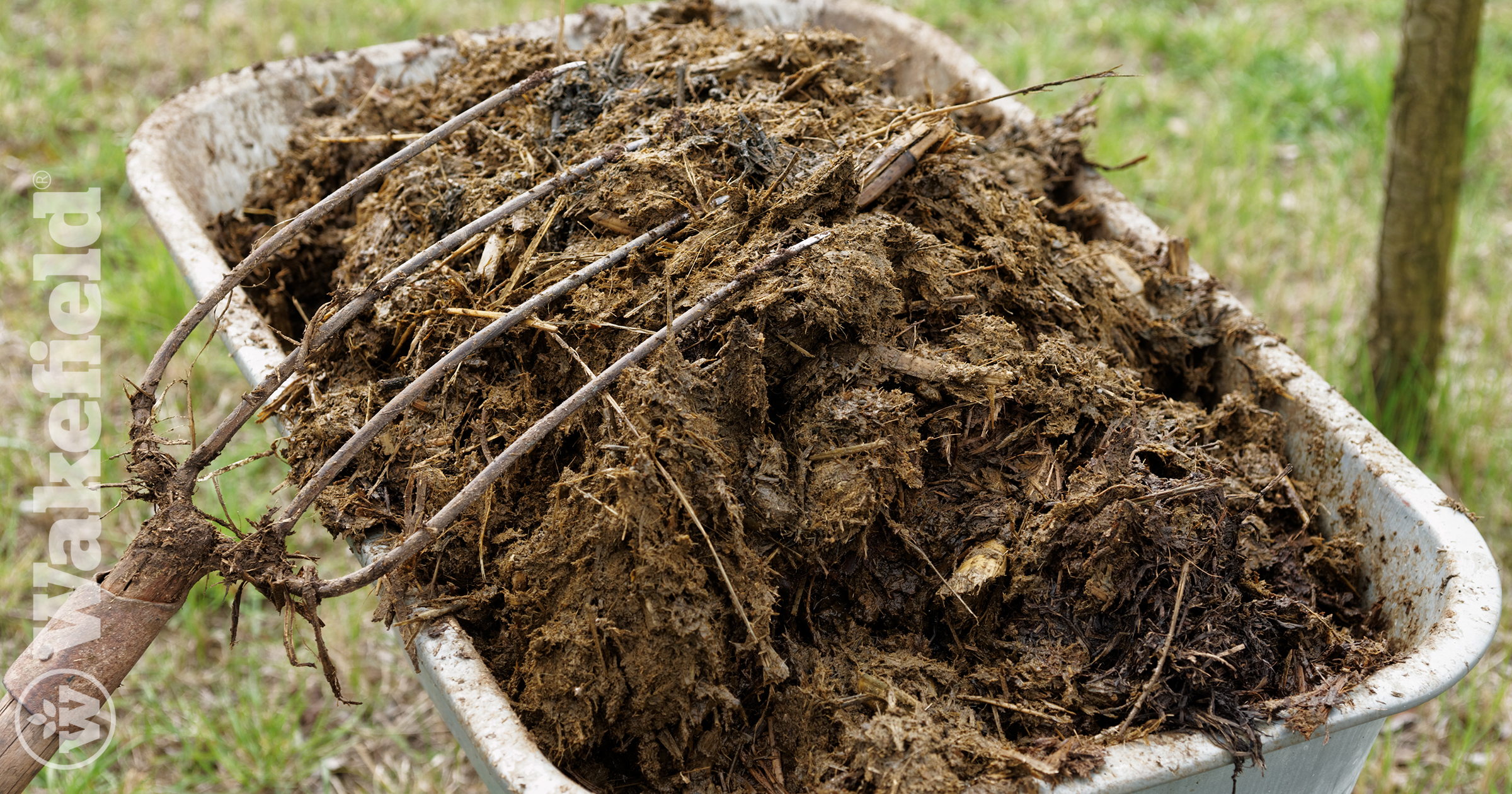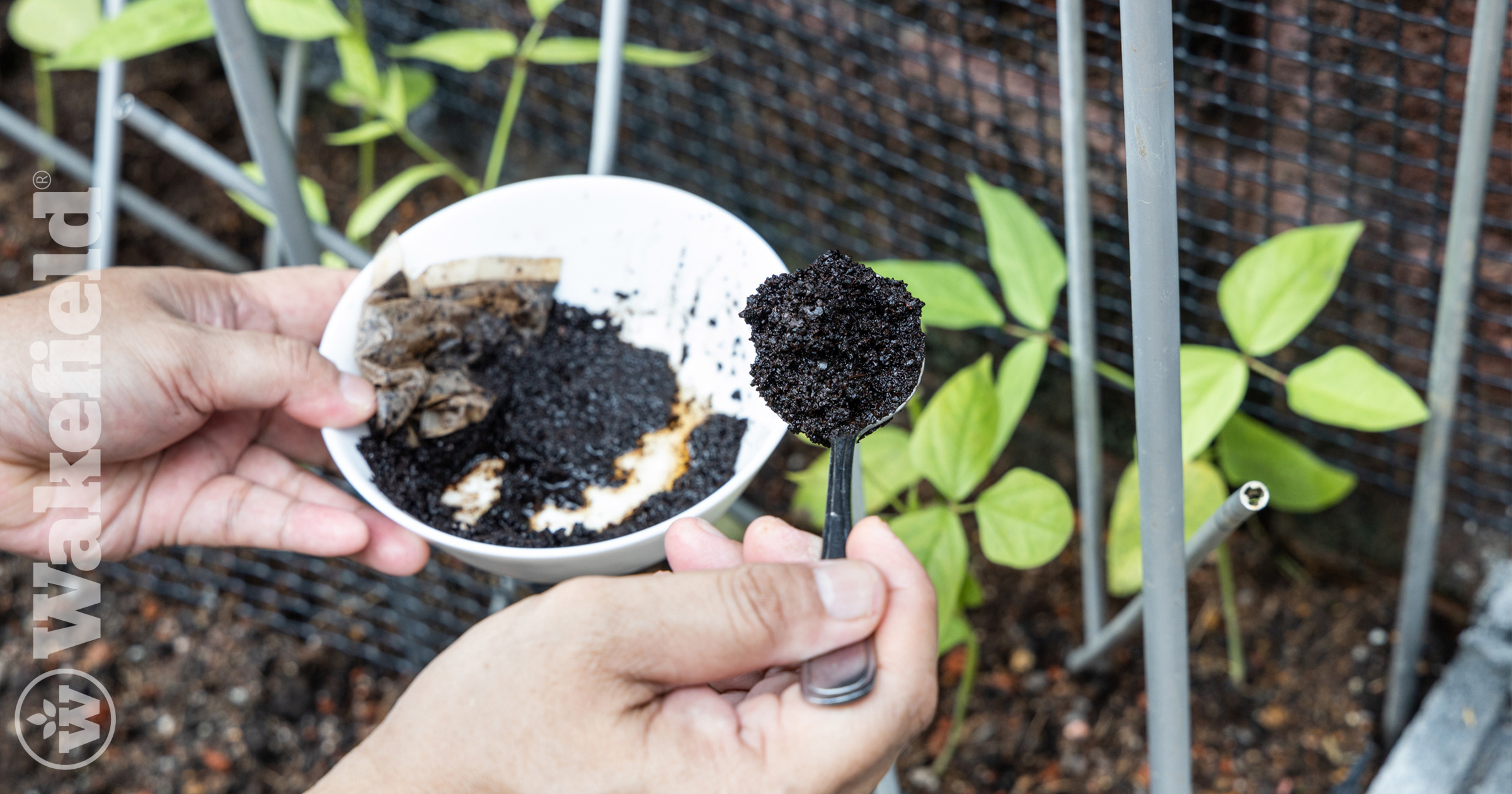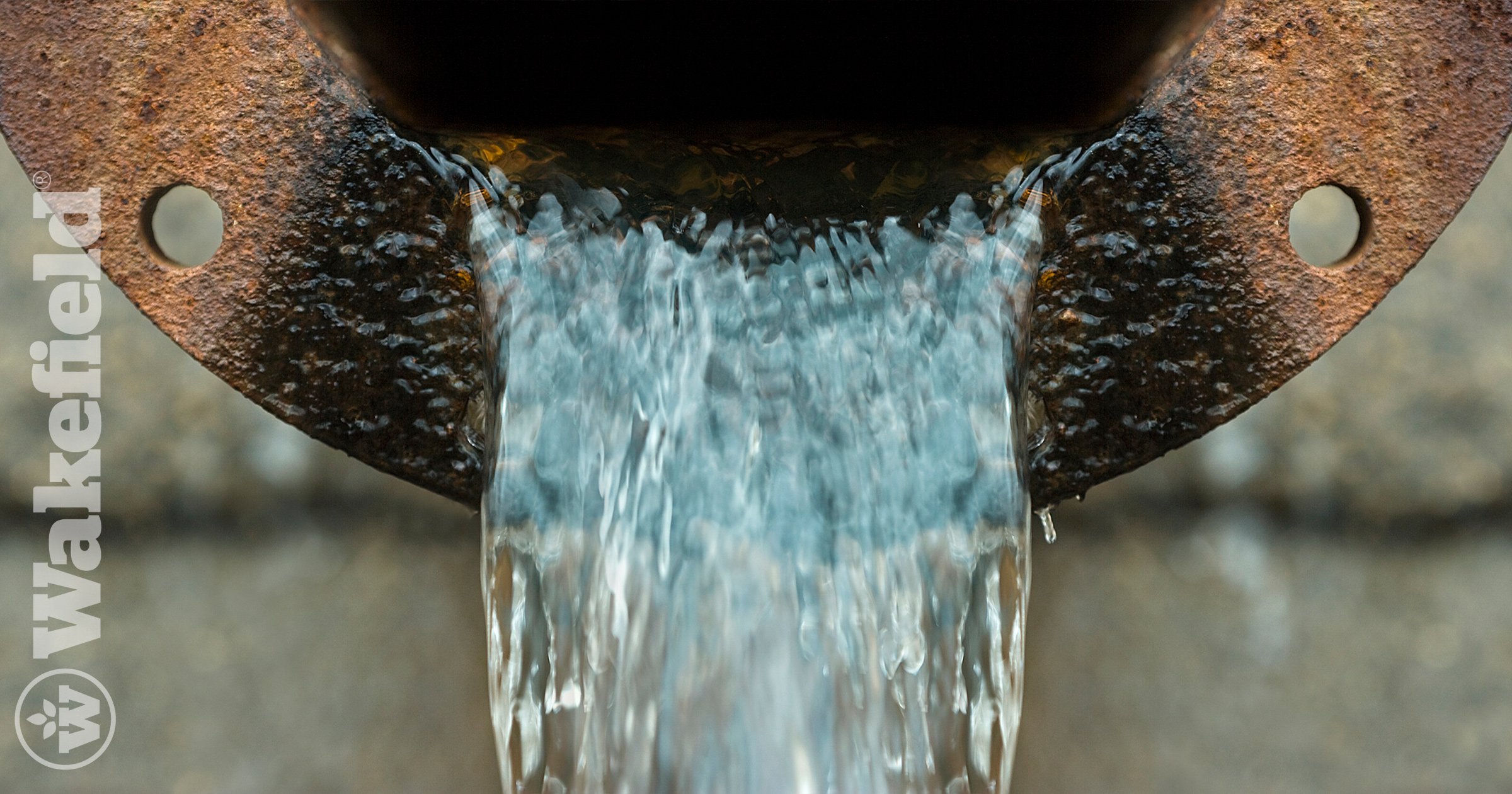
Learning Center
Explore practical articles, expert insights, and step-by-step guides to enhance your gardening.
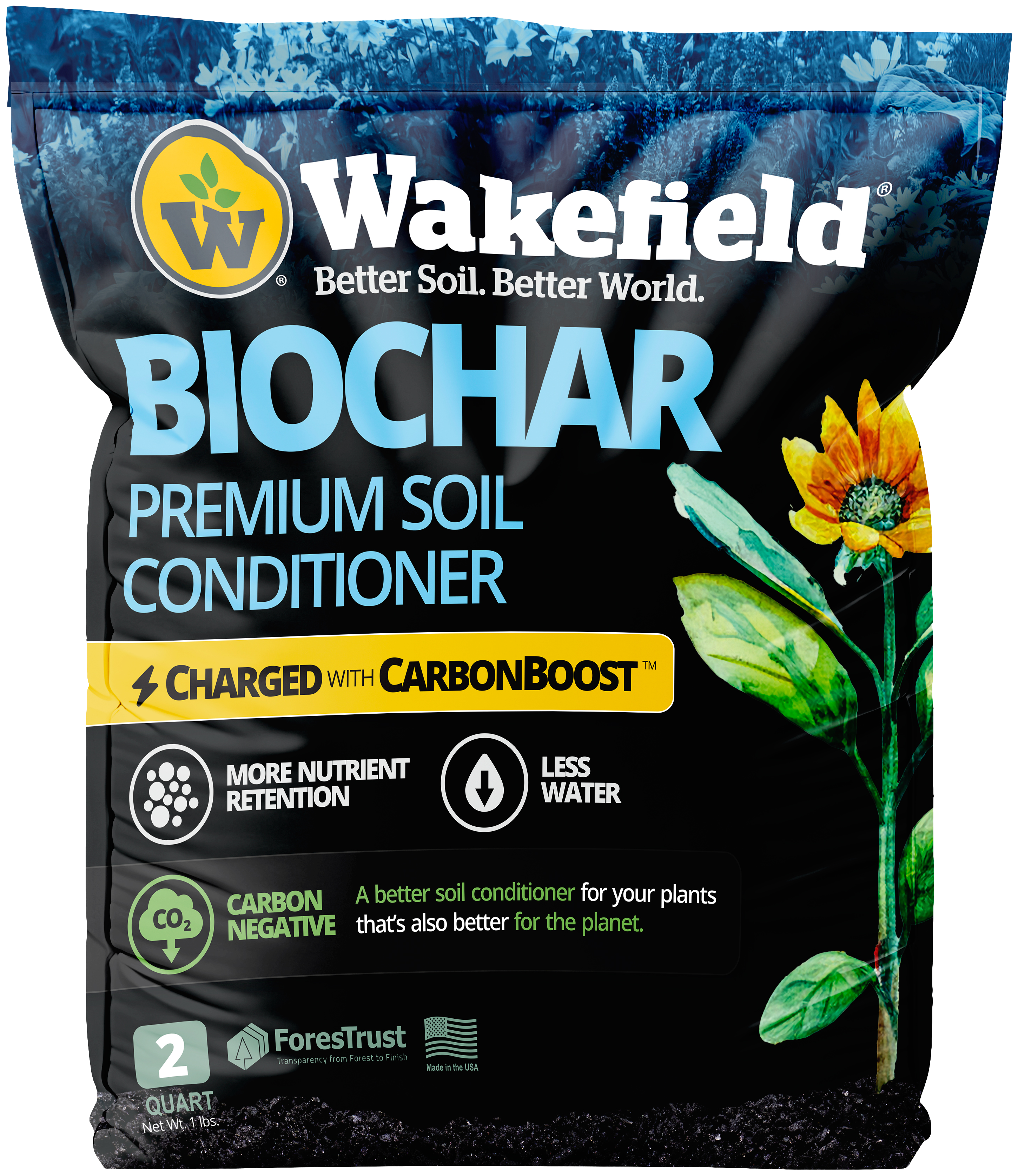

Learning Center Topics
The following articles appear under the Biochar Applications category:
How to Use Biochar for Lawn Care
Transform your lawn with biochar for healthier soil, lush growth, and sustainable gardening. Learn the benefits and steps for a greener lawn today!
How to use Biochar for Turf Management
Transform your lawn with biochar, the key to thicker, greener, and stronger grass!
Biochar in Construction: A Sustainable Innovation for Stronger, Smarter Buildings
Transform your construction projects with biochar – the game-changing material for stronger, greener, and more sustainable building solutions.
Benefits of Biochar In Agriculture
Unleash the power of biochar in agriculture and watch your crops thrive, soil flourish, and sustainability soar!
How to use Biochar with Animal Manure
Boost crop health with Wakefield BioChar by adding it to animal manure. Improve soil, reduce nutrient pollution, and sequester carbon for a sustainable farm.
How Biochar Absorbs Odors
Say goodbye to bad smells with biochar, the natural solution that traps and eliminates odors effectively!
Biochar Applications in the Coffee Industry
Biochar supercharges coffee plants, energizing the soil for a robust and bountiful harvest!
How Biochar Aids in Municipal Wastewater Remediation
Achieve cleaner water with biochar, the powerful solution transforming municipal wastewater into a safer, eco-friendly resource!
1
